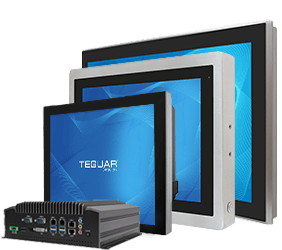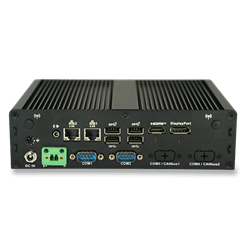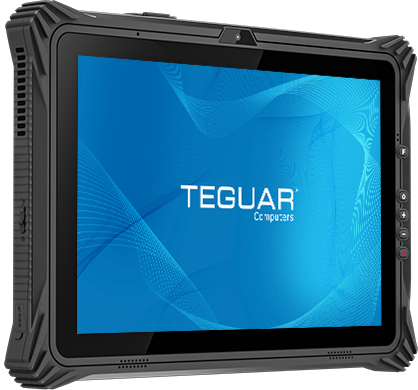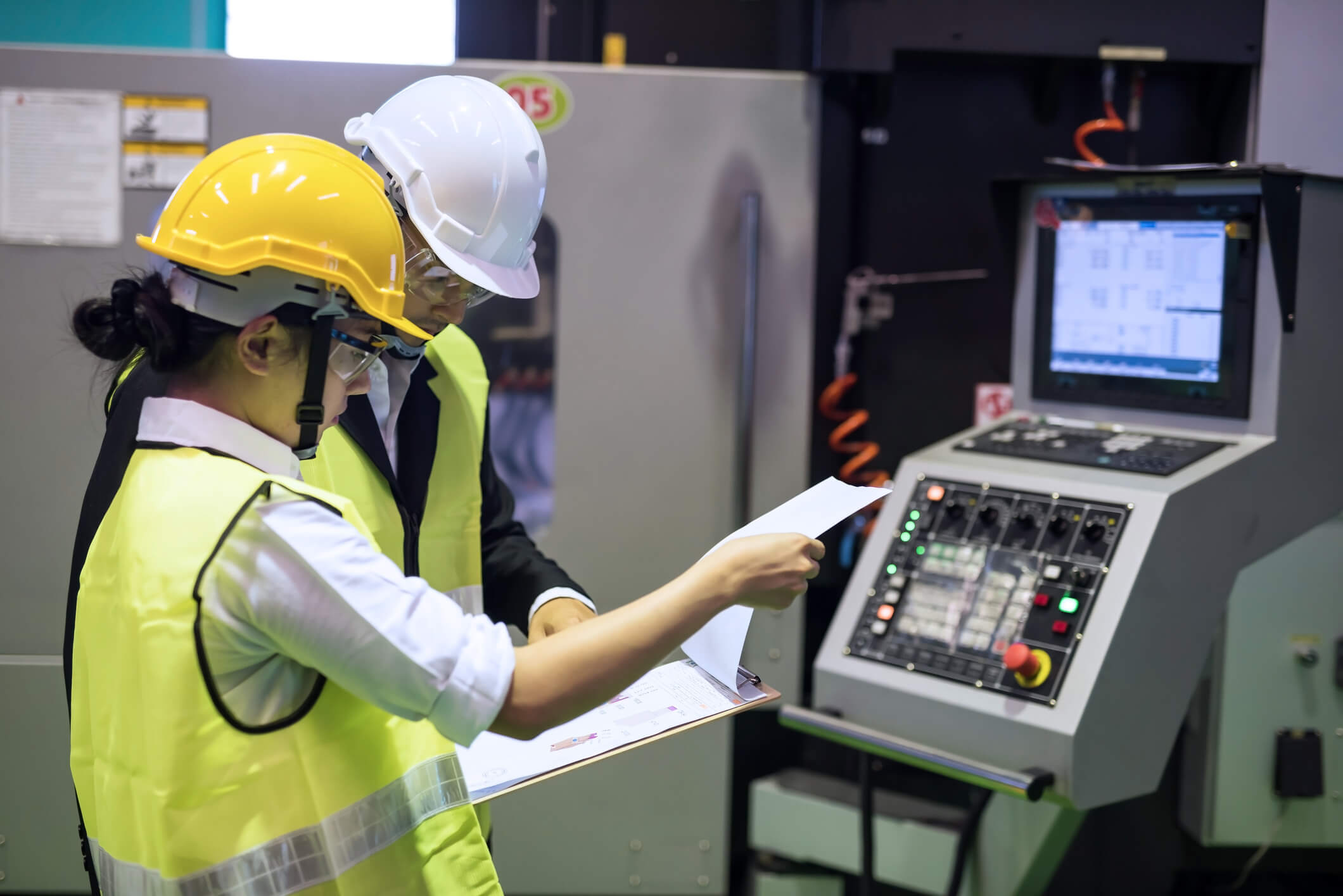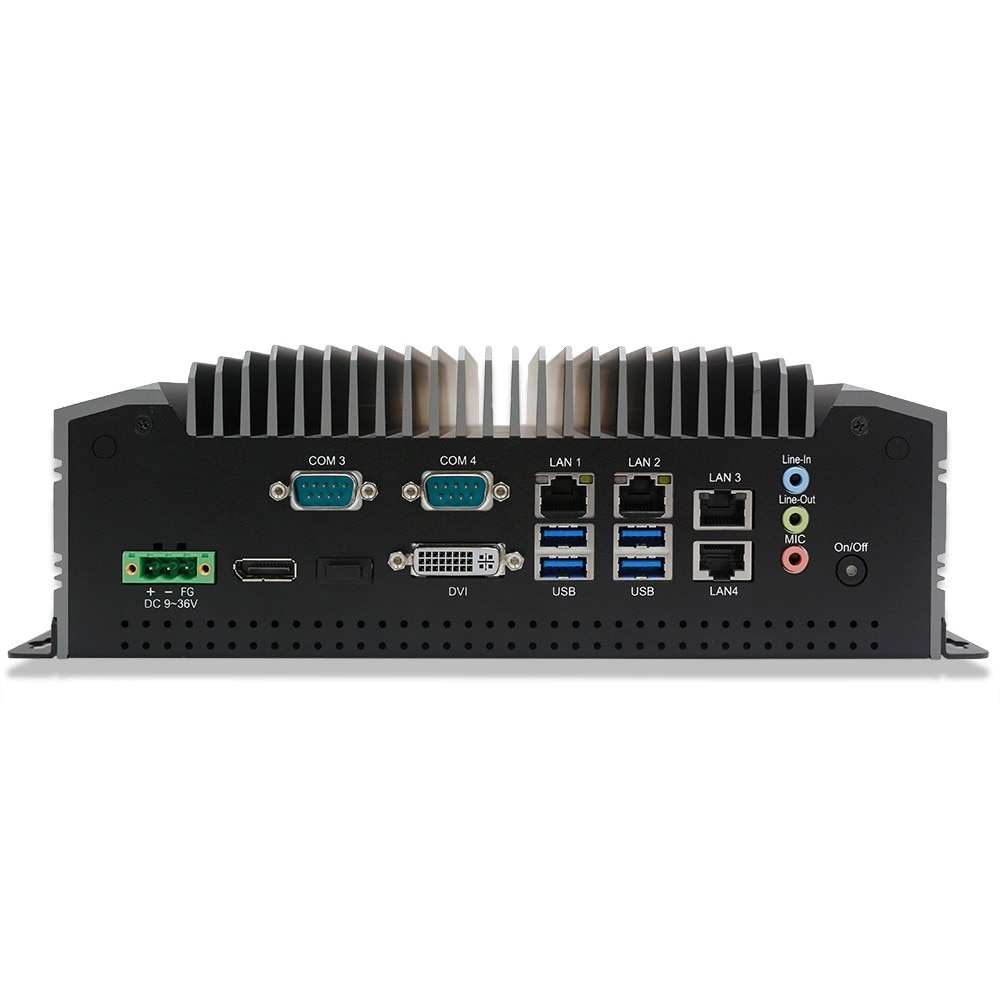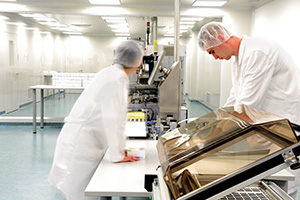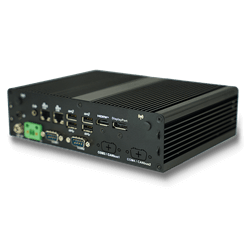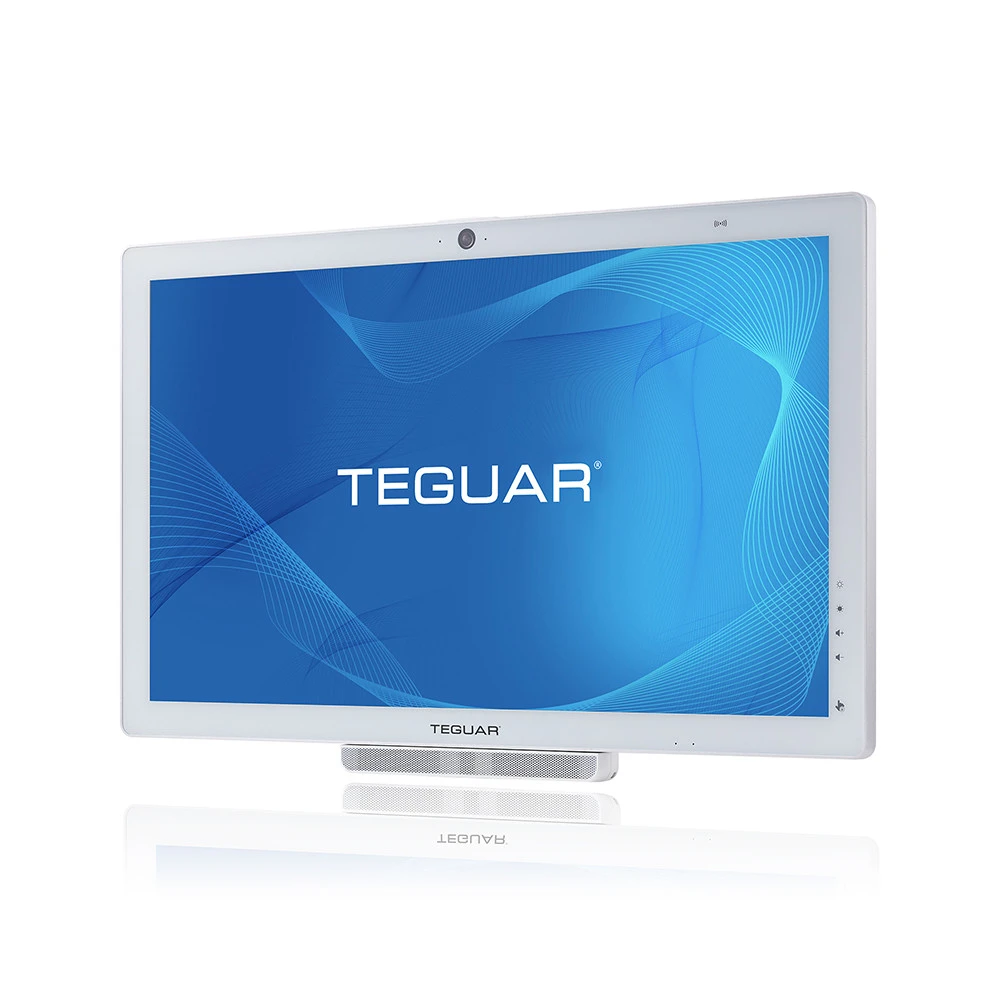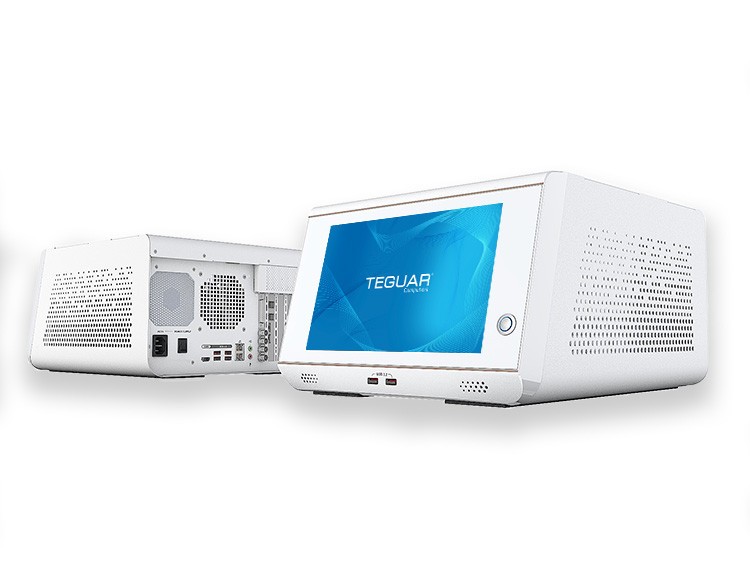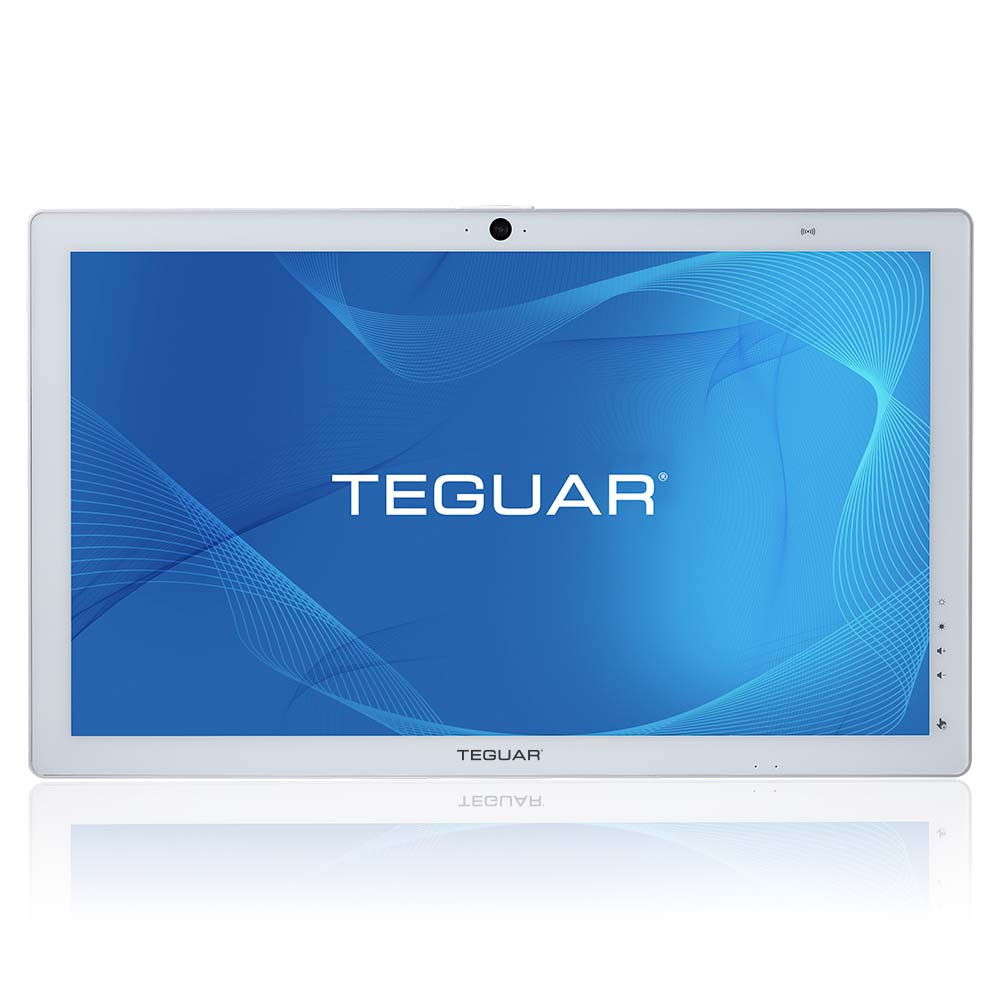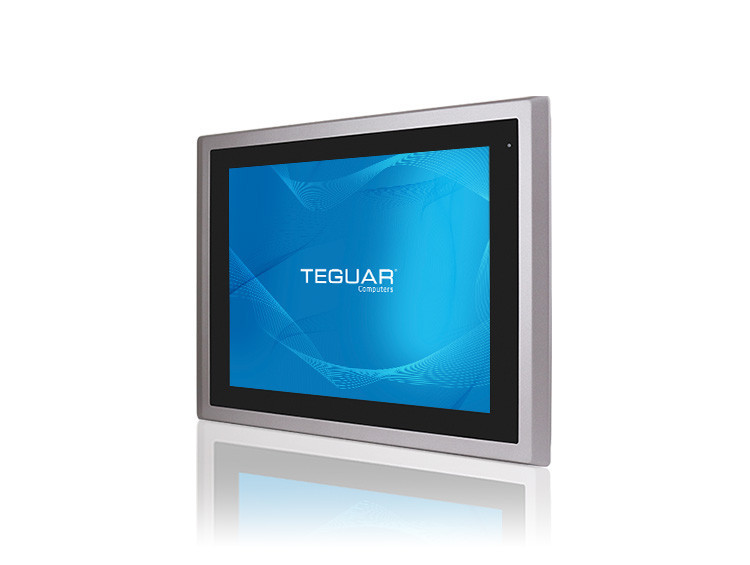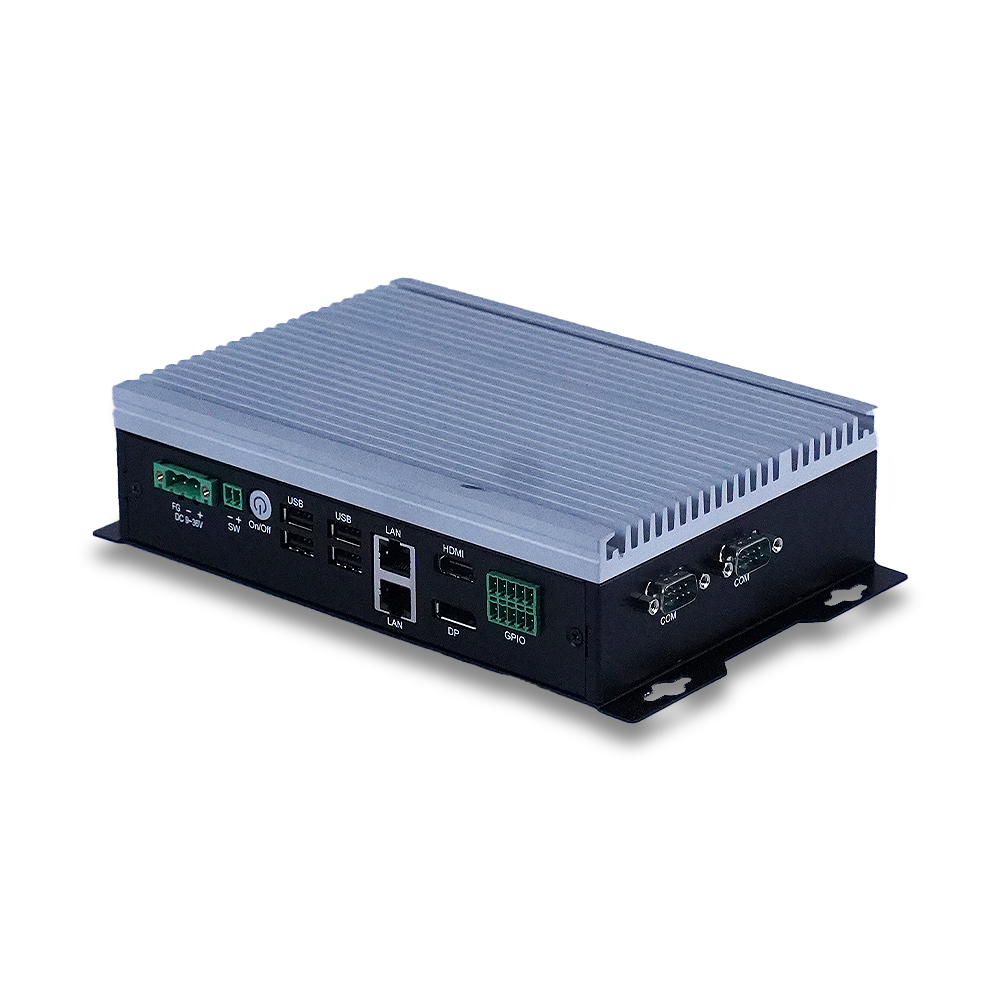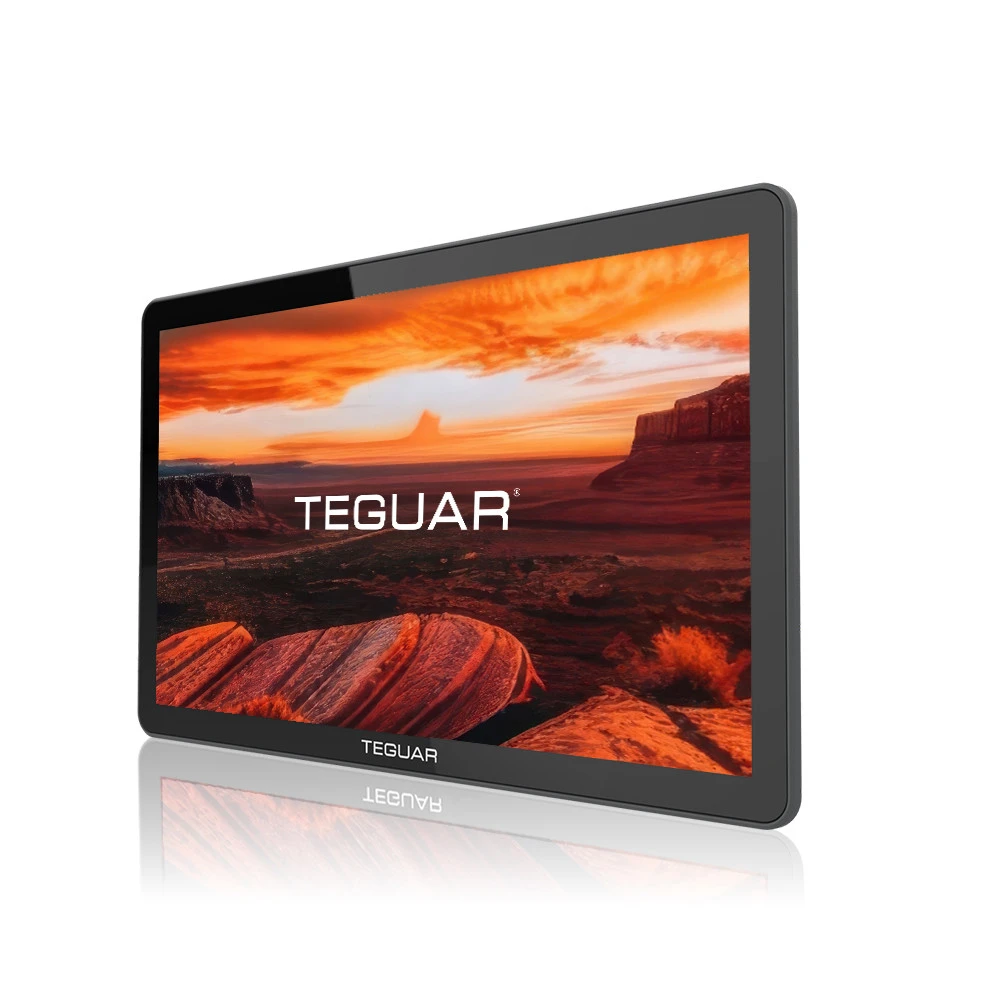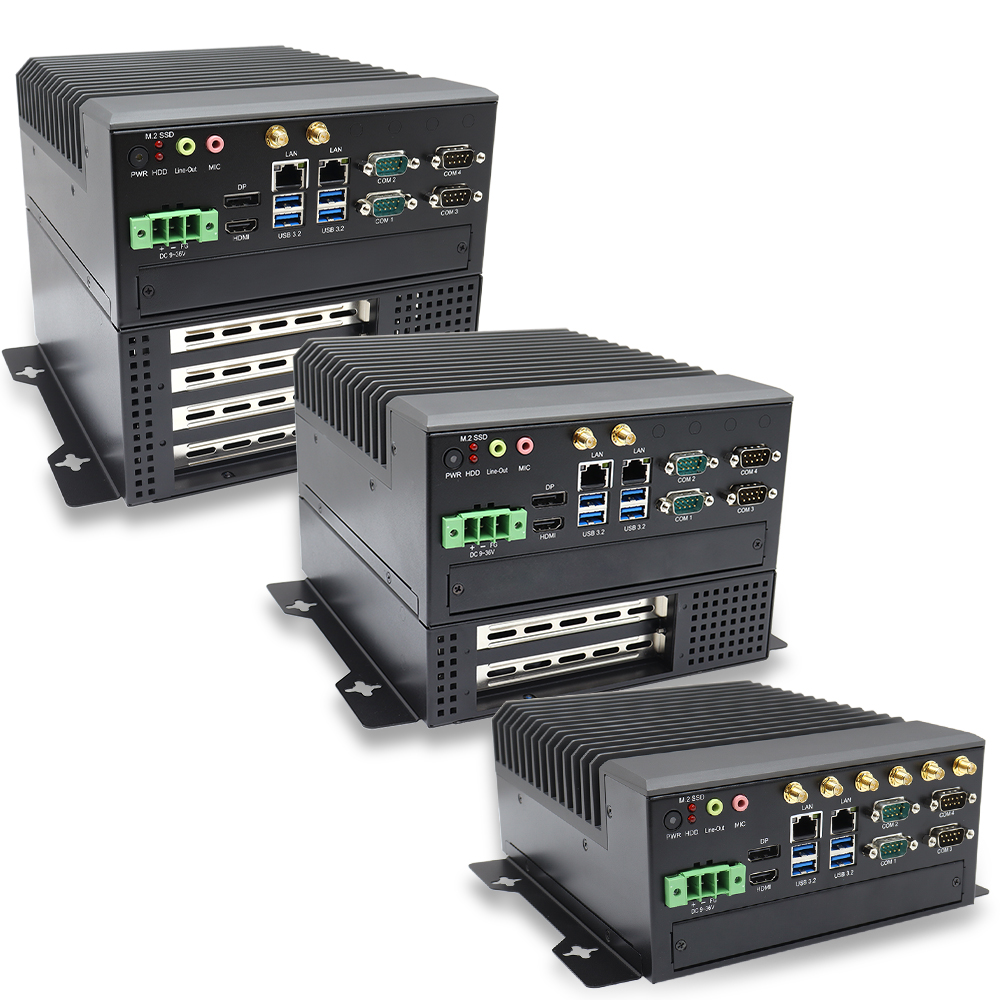The Indestructible Workhorse: What Are Rugged Computers?
A rugged computer is a specialized computer designed to operate reliably in harsh, demanding environments that would damage a typical commercial computer. Think extreme temperatures, dust, moisture, vibrations, and shocks. Unlike their consumer-grade counterparts, these devices are built from the ground up to withstand punishing conditions, ensuring continuous operation where standard electronics would fail. The result? Uninterrupted productivity and data integrity in the most challenging of settings.
What Qualifies as a Rugged Computer?
The term rugged pc isn’t just a marketing label, it’s a designation based on specific industry standards and testing. These computers are put through rigorous testing to earn their ruggedized status. The most common standards come from the U.S. Department of Defense and are known as MIL-STD-810G. This series of tests checks for resistance to drops, vibrations, temperature extremes, humidity, and more. Another common standard, Ingress Protection (IP), rates a device’s resistance to dust and water. For example, a rating of IP65 means the device is dust-tight and can withstand low-pressure water jets.
There are different levels of ruggedness. Semi-rugged computers offer some protection against drops and spills, but aren’t designed for constant exposure to extreme conditions. Fully rugged industrial computers, on the other hand, can endure repeated drops onto concrete, operate in freezing or scorching temperatures, and survive exposure to rain and sand. Then there are ultra-rugged devices, built to withstand even more extreme conditions, like submersion in water or explosive atmospheres.
The design features that make a computer rugged include a reinforced chassis, often made from magnesium alloy, which absorbs shocks and protects internal components. Inside, solid-state drives lack moving parts, making them less susceptible to damage from vibrations or drops compared to traditional hard disk drives. The ports and keyboards are sealed to prevent the ingress of dust, dirt, and water. And the screens are often brighter for outdoor visibility and use hardened glass to resist scratches and cracks.
Who Needs Rugged Computers?
The short answer? Anyone working outside a climate-controlled office. The need for reliable computing in challenging environments spans numerous industries.
Field service technicians rely on rugged tablets and laptops for diagnostics and data entry on-site, whether they’re fixing a power line in a storm or servicing an HVAC unit in a dusty attic. First responders, like police, firefighters, and paramedics, use rugged devices in their vehicles and on the scene to access critical information in real time. Military personnel use them for everything from battlefield communication to vehicle diagnostics.
In the manufacturing and industrial sectors, rugged industrial computers and rugged panel PCs are essential. They’re used on factory floors to monitor production lines, control machinery, and manage inventory. Their ability to withstand dust, vibrations, and high temperatures ensures that operations don’t grind to a halt due to equipment failure. Construction site managers use them to view blueprints, track project progress, and communicate with teams in the field.
Shop Rugged Panel PCs and Industrial Embedded Computers
TP-4845-15
- 15” Resistive or PCAP Touchscreen
- Intel Celeron J6412 Quad Core Processor
- Designed for flexible IO expansion
- Windows 11 Capabilities
- Die Cast Aluminum Housing and IP66 Rated Front Bezel
TB-6145
- Intel® N97 , or upgrade to Core i3, Atom x7425E processor (Projects)
- Multiple IO Expansion Modules Available
- Mini PCIe for Wi-Fi and M.2 Key-B for Cellular
- DDR5 Memory
- DIN Rail or Wall Mountable
- Extended desktop capability with dual display ports, Both 4K!
Pinnacle TP-4800-16
- Latest Fanless Intel® Elkhart Lake Processor
- 15.6″ High Brightness Display with Direct Bonded Touch
- PoE, USB-C, Digital IO, HDMI Ports
- Stunning Sleek Form Factor
- Solid Cast-Aluminum Housing
- Windows 11 Pro and IOT
TB-7145-MVS
- Raptor Lake processor from Intel’s 13th Generation
- Windows 11 capability
- Optional input/output additions
- PCIe slot expansions (2X or 4X) for use of up to three PCIe cards
- Includes wall mounting, or a DIN rail-compatible variant
- Fanless, rugged build
The benefits? Increased efficiency, reduced downtime, and lower total cost of ownership. While the initial investment in a rugged computing device might be higher, its longevity and reliability in harsh conditions often outweigh the cost of repeatedly replacing a standard laptop or tablet. The takeaway? For critical operations in challenging environments, a rugged computer isn’t a luxury, it’s a necessity.


